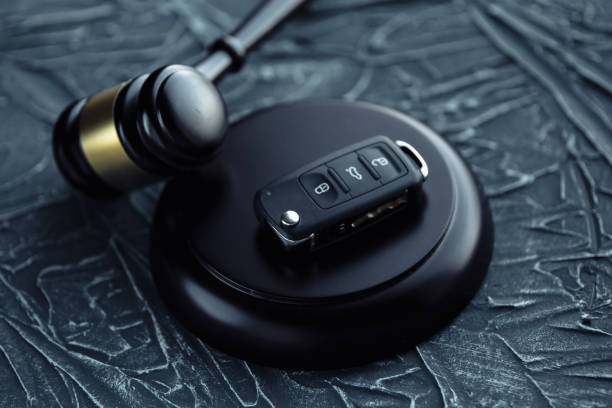Divorce is never an easy process, but it can be simplified with the right knowledge and approach. In Alabama, understanding the laws, procedures, and helpful tips can make the journey less daunting. In this blog post, we’ll unlock the secrets to a more uncomplicated divorce process in Alabama.
Before diving into the specifics, it’s essential to understand some basics about divorce in Alabama. The state recognizes both fault and no-fault reasons for divorce. No-fault reasons include incompatibility and irretrievable breakdown of the marriage, while fault reasons can range from adultery to habitual drunkenness.
To file for divorce in Alabama, at least one spouse must have been a bona fide resident of the state for six months prior to filing. The petition is typically filed in the county where the non-filing spouse lives or where the spouses lived while married if the non-filing spouse moved out of state.
Uncontested divorce is often the simplest route. This is when both parties agree on all major issues, such as property division, custody, and support. To pursue this, both spouses must agree in writing to all terms, which is then submitted to the court to be made into a divorce decree.
If you and your spouse disagree on certain issues but still want to avoid a lengthy court battle, mediation might be a good alternative. A neutral third party – a mediator – can help facilitate discussions and guide you towards a mutually beneficial agreement.
Child custody and support are often the most contentious issues in a divorce. Alabama courts determine custody based on the best interests of the child, considering factors like the parents’ moral character, age, and health, and the child’s age and preferences. As for child support, the state uses an income shares model, which bases the support amount on the combined income of the parents.
Alabama follows equitable distribution when it comes to dividing marital property. It means the court divides the property fairly, but not necessarily equally. Factors considered include each spouse’s contribution to acquiring the property, the duration of the marriage, and each spouse’s future economic prospects.
While it’s possible to handle a divorce without legal representation, it’s always wise to consult with a knowledgeable Decatur divorce attorney, especially when significant assets or children are involved. They can provide personalized advice tailored to your situation and ensure your rights are protected throughout the process.
Divorce in Alabama doesn’t have to be a complicated, drawn-out process. By understanding the laws, considering options like uncontested divorce or mediation, and seeking legal assistance, you can navigate this challenging time with less stress and uncertainty. Remember, it’s crucial to make decisions based on what’s best for your future and the well-being of any children involved.



